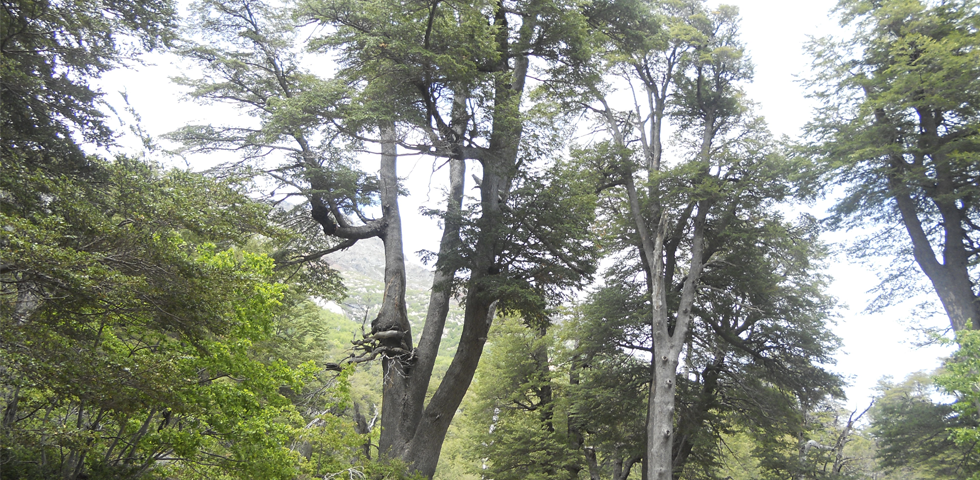Public-private partnership as a responsive culture for green management in Bangladesh A study of natural resources management at Lawachhara national park
Main Article Content
Abstract
The study essentially aims to assess the public-private partnership (PPP) as a thriving strategy in natural resources maintenance that largely is dependent on stakeholders’ participation forest bio-diversity and green management. In an age of climate change and global warming, as a threat due to unavoidable consequences of human activities, natural resource management is now one of the prime concern around the developed and developing countries in terms of creating responsible attitude towards green maintenance. Governments have, by and large, agreed on sustainable employ and conservation of forests in several international forums during the last three decades. In fact, public sector has already proved its inefficiency and ineffective mode to protect natural resources due to lack of skills, human and material resources, and rampant corruption which have encouraged the government to introduce the strategy of PPP. The study was conducted at Lawachhara national park through a sample survey by employing stratified sampling as well as some other tools of data collection incorporating both quantitative and qualitative approaches. It is evident in the study that most of the respondents commonly believe PPP may change the existing ineffective and inefficient mode of natural resources management. Another important finding included that challenges are not possible to overcome unless the active participation of the stakeholders are possible to ensure.
Article Details
Issue
Section

This work is licensed under a Creative Commons Attribution-NonCommercial-NoDerivatives 4.0 International License.

